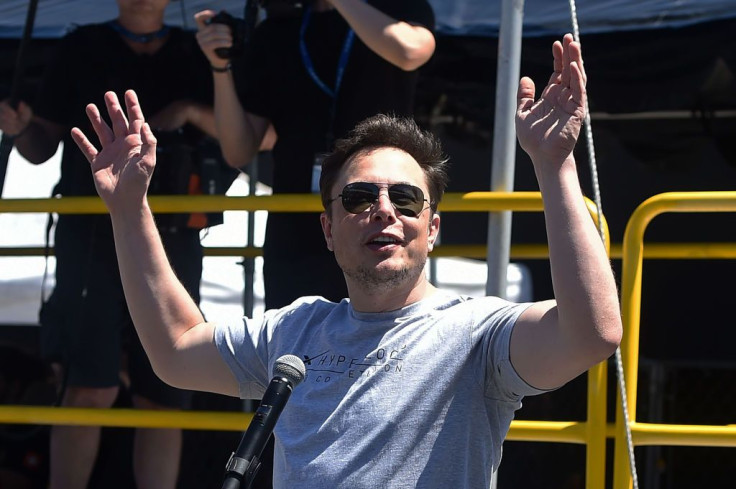SpaceX Hyperloop Competition: German Students’ Pod Hits Record Speed, Wins Again

On July 22, SpaceX held the third installment of its Hyperloop pod competition, calling student teams and innovators from different parts of the world to showcase their prototype technologies for the high-speed "fifth" mode of transportation.
The competition, conducted at the company headquarters in California, focused on the aspect of speed in self-propelled pods. Some 18 teams took part in the event, but none of them could keep up with the pod developed by WARR Hyperloop — a group of students from the Technical University of Munich, Germany.
The group’s carbon-fiber built pod won the contest after achieving a peak speed of 290 miles per hour (466 km/h) on SpaceX’s one-mile-long test track. It used a 50kW motor to race through the track and deployed an advanced pneumatic friction braking system to come to rest within five seconds.
This is WARR Hyperloop’s third consecutive win in the SpaceX Hyperloop competition. Last year in August, their pod surpassed the 200 mph barrier, setting a record, which was later broken by Virgin Hyperloop One’s full-scale vehicle in a private test.
Though this victory once again brings the German group on top, it is worth noting that their pod is much smaller than the one developed by Virgin Hyperloop One, and is more of a demonstrator for the technologies that might make into a full-scale passenger transport system.
The pod, as the team describes, currently measures around two meters in length and weighs approximately 70 kilograms — a feature that makes it gain speed five times faster than a plane on a runway. They also developed a second pod, which demonstrated advanced levitation capabilities and bagged a prize for innovation from SpaceX.
That said, among other teams participating in the competition, Delft Hyperloop from Netherlands and EPFLoop from Switzerland followed team WARR, with their pods attaining speeds around 88 mph and 55 mph, respectively.
First proposed by Elon Musk in 2013, hyperloop is envisioned to be an ultra-fast transportation system that could use magnetically levitating pods in high pressure, vacuum tubes to ferry people from one point to another at the speed of sound or approximately 700 mph (1,000 kmph).
Though the billionaire has expressed intentions to build a hyperloop between Washington and New York in the past, he is not involved with any of the firms conducting feasibility studies in different parts of the world or building pods to bring the ultra-fast transportation system to life.
However, SpaceX has been conducting this competition to encourage student innovation and bolster the development of hyperloop pods. In last year’s competition, many of the pods were driven with the help of the company’s pusher pod, which is why self-propulsion was made one of the pre-requisites for this year’s contest.
© Copyright IBTimes 2025. All rights reserved.




















